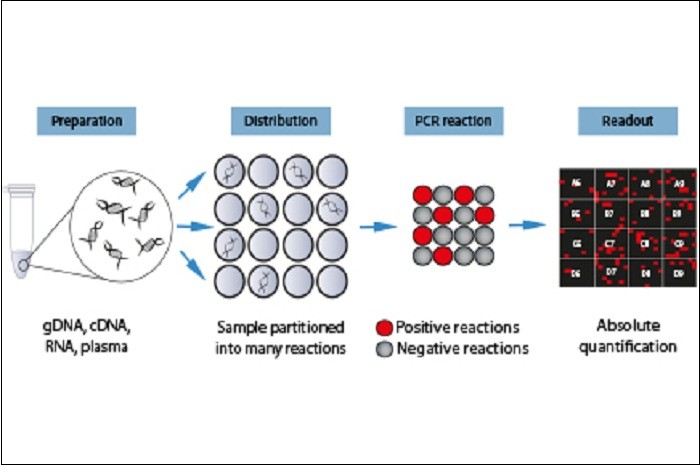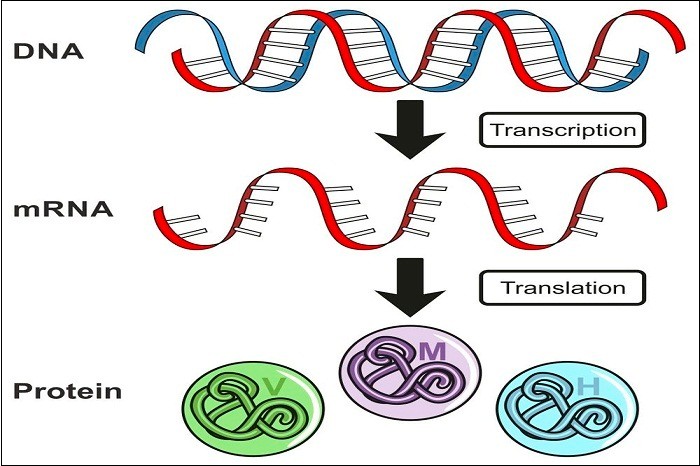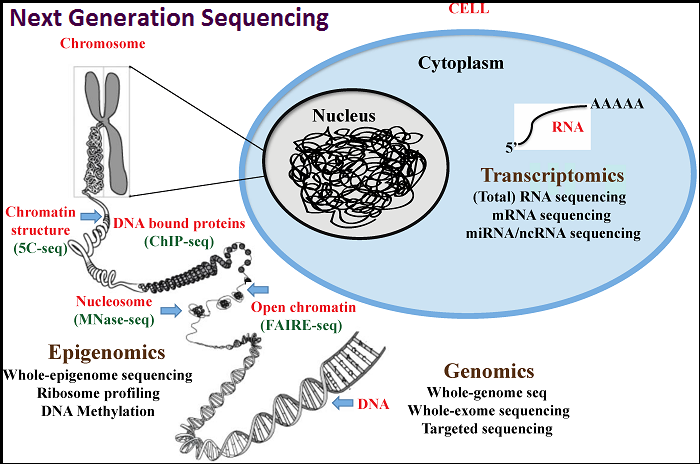Bioinformatics Tips Next generation Sequencing Data Processing
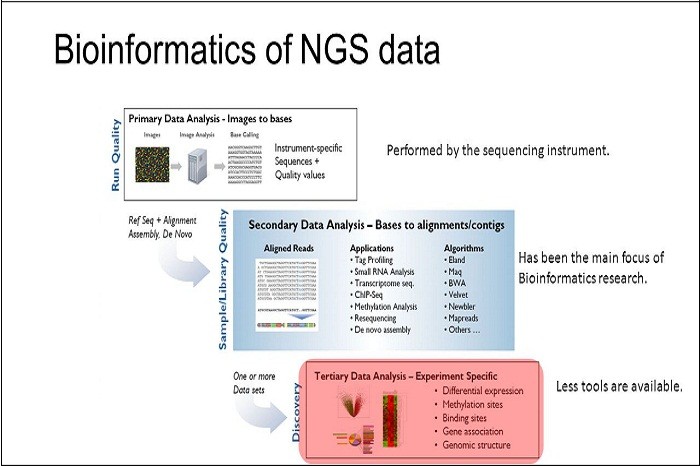
Experience powerful NGS data analysis capabilities
Genetic Gngineering using Recombinant Dna Technology
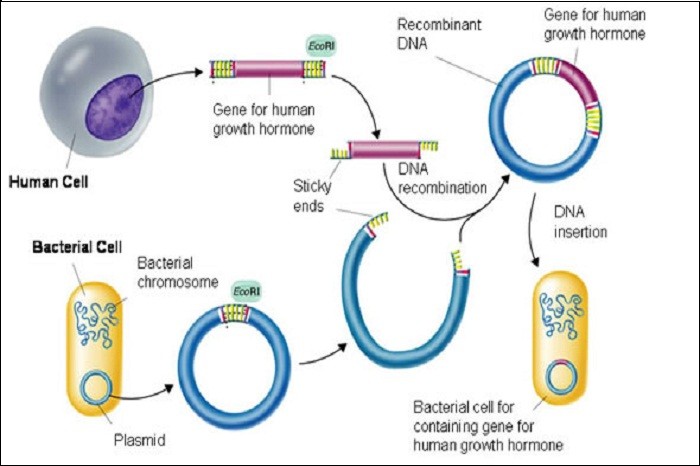
Genetic engineering, also called genetic modification or genetic manipulation, is the direct manipulation of an organism's genes using biotechnology. It is a set of technologies used to change the genetic makeup of cells, including the transfer of genes within and across species boundaries to produce improved or novel organisms.
Next Generation Sequencing in Clinical Medicine
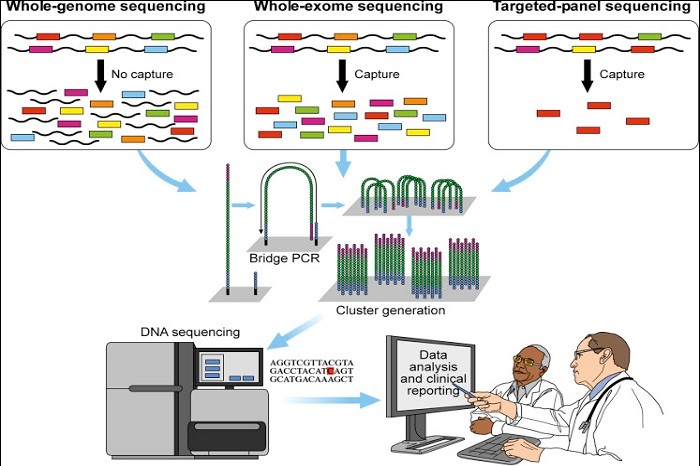
Next-generation sequencing (NGS) was developed more than a decade ago to facilitate sequencing of large amounts of genomic data. Use of NGS in clinical diagnosis is now widely accepted, with varying roles from gene panel or targeted sequencing, through whole exome sequencing (also termed clinical exome sequencing), to whole genome sequencing. NGS was first applied to clinical diagnosis when clinical exome sequencing was launched in 2012.
Next Generation Sequencing in Bioinformatics
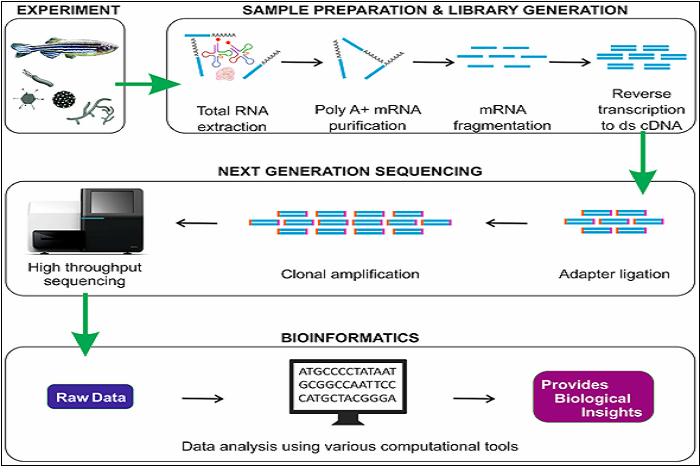
Next generation sequencing (NGS), massively parallel or deep sequencing are related terms that describe a DNA sequencing technology which has revolutionised genomic research. Using NGS an entire human genome can be sequenced within a single day. In contrast, the previous Sanger sequencing technology, used to decipher the human genome, required over a decade to deliver the final draft. Although in genome research NGS has mostly superseded conventional Sanger sequencing, it has not yet translated into routine clinical practice. The aim of this article is to review the potential applications of NGS in paediatrics.
DNA Next Generation Sequencing - Future of Genomics
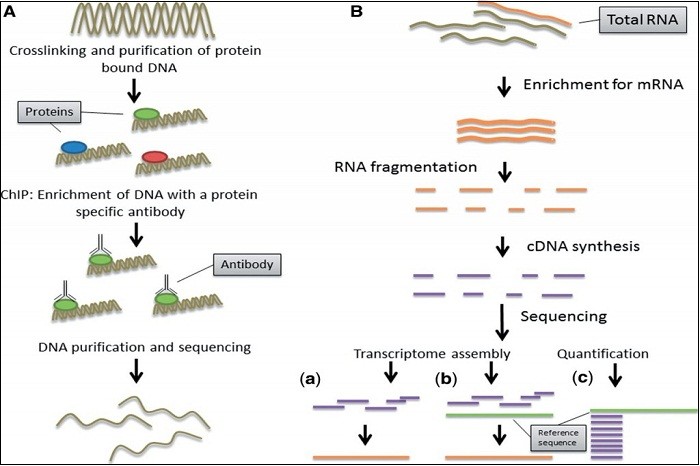
DNA sequencing is the process of determining the nucleic acid sequence - the order of nucleotides in DNA. It includes any method or technology that is used to determine the order of the four bases: adenine, guanine, cytosine, and thymine. The advent of rapid DNA sequencing methods has greatly accelerated biological and medical research and discovery.
